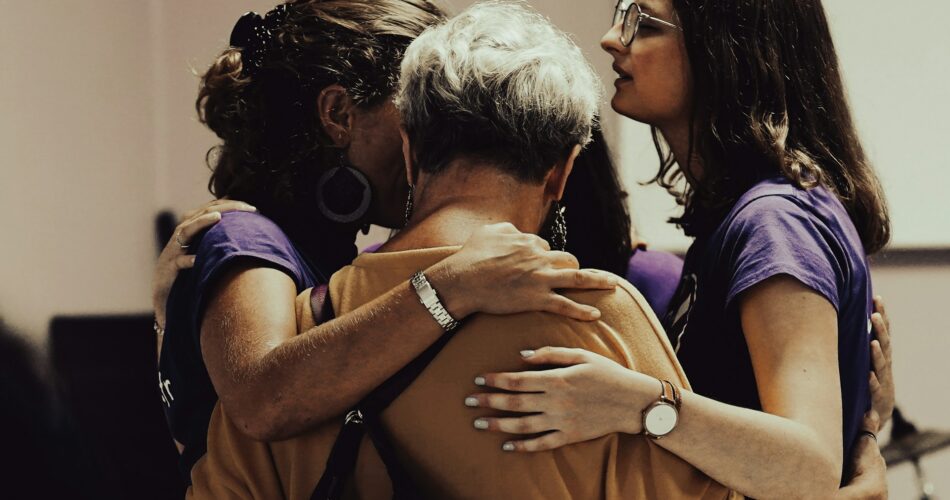They need to leave their country.
In Nicaragua, a severe crackdown on Christians has resulted in the arrest and imprisonment of six women over the past year, illustrating a broader trend of religious persecution under President Daniel Ortega’s administration. These women, five of whom are Catholic and one Protestant, have been singled out as part of the government’s continuing efforts to stifle religious groups and silence dissenting voices.
Ortega, who secured his fifth term in office in 2021, has faced widespread criticism for his government’s oppressive actions against religious groups, opposition leaders, journalists, and activists who speak out against human rights violations. The regime frequently employs vague national security laws to justify these arrests, effectively silencing those who dare to oppose its rule. Among the detainees is María Asunción Salgado, a Catholic who was arrested during a church service, and Evelyn Guillén, who was detained after displaying a poster calling for the release of a critical bishop.
The government’s actions have also extended to individuals associated with religious institutions that have been vocal in their opposition to the regime. For example, Adela Tercero and Gabriela Morales, both linked to Jesuit educational institutions, were arrested and later convicted on what are widely believed to be fabricated drug trafficking charges, aimed at punishing their activism. Similarly, Maricarmen Espinosa Segura and Marisela de Fátima Mejía Ruiz, who were involved with a U.S.-based evangelical ministry, were arrested on money laundering charges, a common tactic used by the Ortega regime to imprison political adversaries.
In addition to targeting individuals, the Nicaraguan government has also acted against religious institutions by revoking the legal status of 1,500 nonprofit organizations, including many religious groups. Although this move was officially attributed to failures in financial reporting, it is widely seen as another measure in the government’s ongoing effort to suppress religious freedom.
These actions have sparked widespread condemnation from legal experts and human rights organizations, including the U.S. Commission on International Religious Freedom, which has documented the escalating repression against religious communities in Nicaragua. The Ortega government continues to face criticism for its authoritarian practices, including the suppression of protests, arbitrary detentions, and the ongoing persecution of religious groups.
